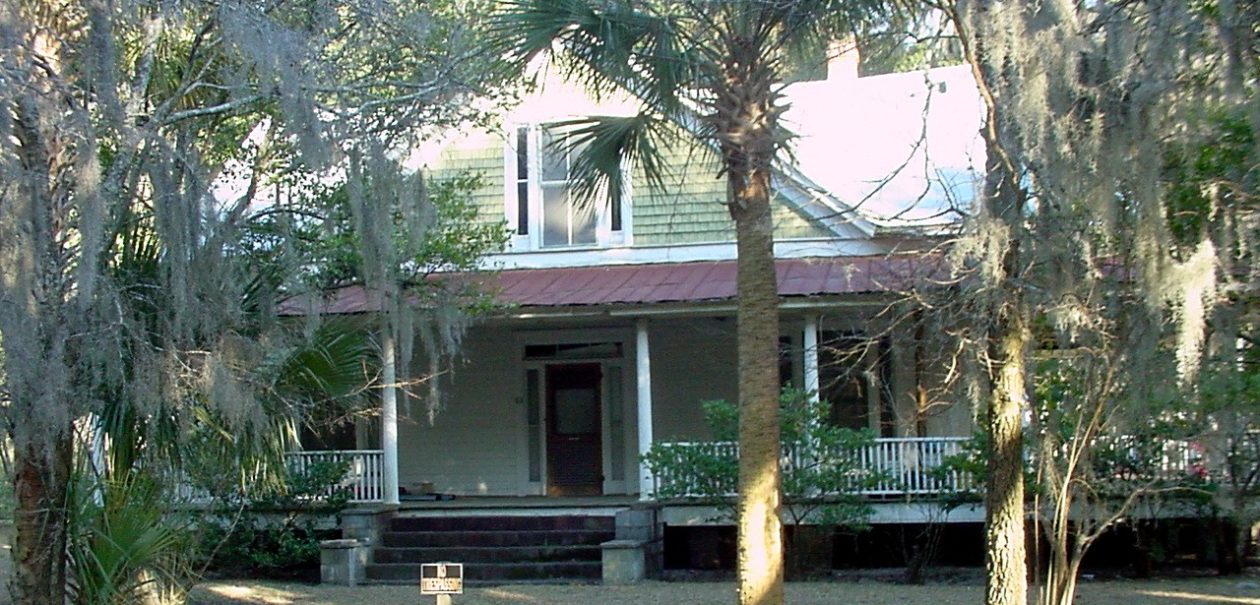The following article, I was just thinking…, is from the preface to the recent book, Tell it again, Desie, published in 2011 by Celeste Guilford Cobb. Celeste is the great granddaughter of George Sewell Guilford, the builder of the Graves House and the father of my grandmother, Cora Jane Guilford Graves, the original inhabitant of the Graves House. John Samuel Graves, III
I was just thinking…by Celeste Guilford Cobb.
In my younger days people cared about and cared for each other. Business was often transacted with a handshake, and we dealt with human beings rather than electronic devices. If we needed information, we talked to a knowledgeable person who took pride in helping us. We did not punch countless numbers and get a recorded message. And we called friends on the telephone and looked forward to hearing their voices; we did not communicate with our fingers.
We had dedicated teachers who conducted classes without the use of the internet. They forfeited their Saturdays “off” to attend meetings and conferences. There were no “work days” during the week.
When we started school we were taught to write in cursive and took pride in neat, legible handwriting. We had to learn grammar and spelling and did not have “spell-check” to find our errors. We memorized multiplication tables and were taught the principles of math for business and everyday use (interest, percentage, etc.). Businesses had hand-operated adding machines, but calculators were never used in school. Girls had Home Ec(onomics) classes in junior high school and were taught a few homemaking skills. Boys had Shop and learned how to use some basic tools.
Young children had simple toys and relied on creativity and imagination for playtime. Older children had school, homework and organized activities but found time for outdoor sports—no sitting for hours in front of a computer or television screen.
We ate fresh, home cooked food with all the family sitting together at mealtimes.
Growing up we respected and obeyed not only our parents but all adults, and adults were expected to set a good example. Parents accepted the rearing of children as their personal responsibility and taught us moral values and the rewards of education and work. They worked to be good providers. Public assistance and “entitlements” were unheard of.
We took great pride in our appearance and would never be seen at school or anywhere in public unkempt. Our clothes were the best we could afford—stylish but modest. When I was a teenager, short shorts, one piece bathing suits and strapless evening gowns were the most revealing things in our wardrobes. In my early 20’s I bought a two-piece bathing suit, but certainly not a bikini. The lack of good grooming and what I consider inappropriate dressing in public (even in church) nowadays is very hard for me to accept.
Widespread destruction of human lives and property happened only during declared wars. We went about our daily lives without fear of being the innocent victims of some emotionally unbalanced stranger who had a grievance to settle with society.
On the positive side, science has advanced beyond my comprehension. I am certainly grateful for the many inventions which make life easier for me, as well as the technology that provides education and entertainment. However, as we have already experienced, all too often good things can become lethal in the hands of the wrong people.
I grew up in a different time—an era which is gone forever.
Note: Celeste was born in 1925 and lives in Columbia, South Carolina. She is the great granddaughter of George Sewell Guilford, the builder of the Graves House, Bluffton, SC. She and John Samuel Graves, III are second cousins. His grandmother, Cora Jane Guilford Graves and Celeste’s grandfather, George William Guilford, were siblings. Celeste is the oldest living descendant of George Sewell Guilford.
